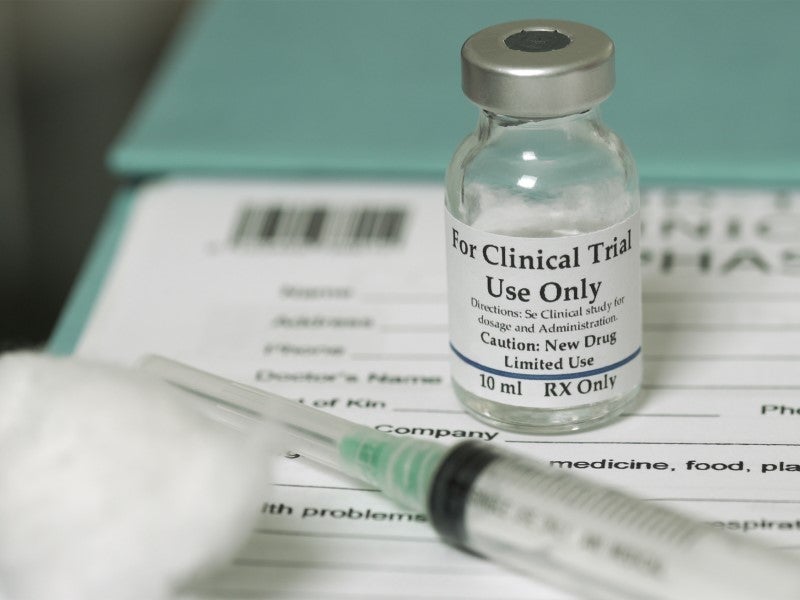Fragile X Syndrome (FXS) is the leading cause of inherited intellectual disability and autism spectrum disorder. The diagnosed prevalence is estimated to be 17 cases per 100,000 people. It is an X-linked genetic condition caused by CGG trinucleotide expansion in the FMR1 gene, which leads to epigenetic modification, causing lowered expression levels of Fragile X mental retardation protein (FMRP). Since FMRP is involved in synaptic plasticity and maturation of neurons, FXS is a life-long disorder associated with a spectrum of developmental and behavioural challenges.
Unfortunately, there is no cure or approved therapies available for FXS. The current treatment landscape consists of widely genericised, off-label drugs that target individual symptoms of the disease. Examples of such interventions include selective serotonin reuptake inhibitors (SSRIs) for depressive symptoms and anxiety; stimulants like methylphenidate for hyperactivity, inattention and impulsivity; antipsychotic medications for aggression; and anticonvulsant agents for seizures. This has also led to a call for drugs with improved safety and efficacy profiles, as many FXS patients require treatment with a number of different products to help alleviate their unique set of symptoms. Furthermore, many of the currently used drugs have a boxed warning due to the high risk of abuse potential and dependence.

Access deeper industry intelligence
Experience unmatched clarity with a single platform that combines unique data, AI, and human expertise.
Therapies that target the specific molecular mechanisms involved in the pathogenesis of FXS are considered the ultimate goal of drug development for the disease. Figure 1 summarises the FXS pipeline in the US and Germany, across all stages of clinical development, and their molecular targets.

Many of the pipeline agents have received orphan drug designation from the US Food and Drug Administration (FDA) and European Medicines Agency (EMA). Additionally, the FDA has granted fast track designation to a couple of pipeline agents, highlighting the urgency of the need for novel FXS-specific therapies. GlobalData anticipates Zynerba Pharmaceuticals’ Zygel (cannabidiol) will be the first treatment approved for FXS. It is currently being evaluated in a Phase III clinical trial (NCT04977986) to target behavioural symptoms, anxiety and hyperactivity, and has a primary completion date of September 2023. Other key pipeline agents include Confluence Pharmaceuticals’ acamprosate calcium, Neuren Pharmaceuticals’ trofinetide and Tetra Therapeutics’ zatolmilast. All of these products target hyperactivity, anxiety and cognition in FXS. The entrance of pipeline agents with diverse mechanisms of action is expected to greatly expand FXS treatment options in the US and Germany.
The development of FXS treatments presents many challenges, most notably that FXS is a relatively rare disease with heterogeneity in behavioural phenotype and severity among patients. With such a wide spectrum of disease manifestations, it can be difficult for investigators to recruit the targeted patient population into clinical trials. Developers will need to overcome this challenge so that clinical trials can meet their primary completion dates on time.

US Tariffs are shifting - will you react or anticipate?
Don’t let policy changes catch you off guard. Stay proactive with real-time data and expert analysis.
By GlobalDataGlobalData’s analysis of the FXS pipeline suggests that there are many promising agents in development across age groups. GlobalData expects that this level of clinical activity will drive the treatment landscape for FXS to completely transform over the next decade. The current pipeline candidates will be a welcome addition to the treatment landscape for FXS patients.


